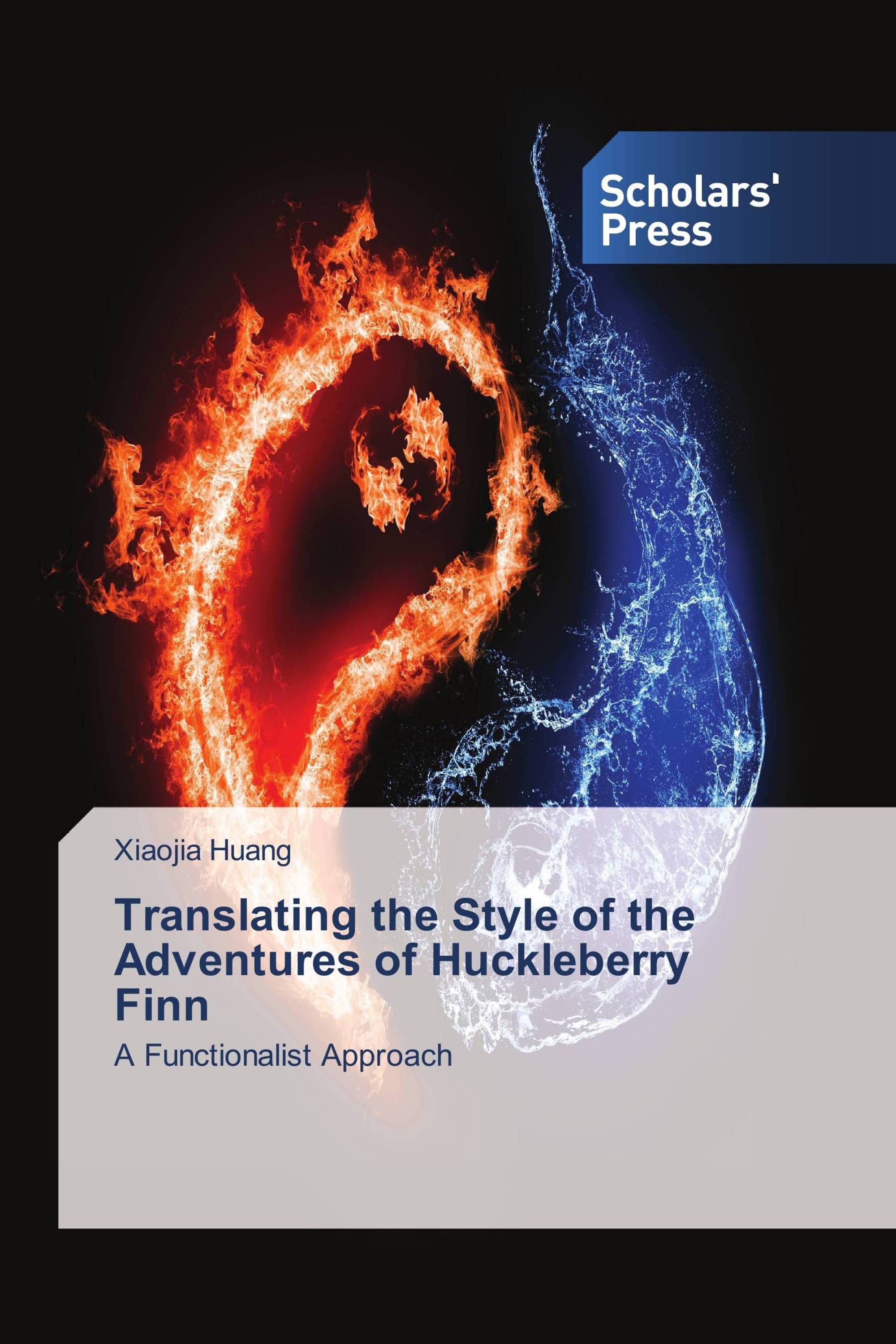Translating the Style of the Adventures of Huckleberry Finn
A Functionalist Approach
International Research Press ( 28.10.2013 )
€ 38,90
When an English novel was translated into Chinese, would its style necessarily be rendered faithfully? In the light of Functionalism with Skopostheorie at the core, this book scrutinizes how the style of the Adventures of Huckleberry Finn was rendered by comparing two Chinese versions in terms of the translation of its linguistic deviations. The version by Zhang, published in the 1970s when translations remained a catalyst for the “political struggle” and “socialist revolution” that had long dominated the Chinese society, chose to normalize all linguistic deviations in Standard Chinese, ignoring the differences between Black English Vernacular (BEV) and Standard American English (SAE). In contrast, when the version by Xu was brought out two decades later in China with its door widely open to the outside world, the translator’s focus was shifted to the reproduction of what Mark Twain's masterpiece is foremost famous for—the unique style characterized by the massive use of BEV. This book is aimed at helping translators to understand that style in translation is not ready made, but rather shaped by their Skoposi for the production of the target text.
Buch Details: |
|
|
ISBN-13: |
978-3-639-70242-2 |
|
ISBN-10: |
3639702425 |
|
EAN: |
9783639702422 |
|
Buchsprache: |
English |
|
von (Autor): |
Xiaojia Huang |
|
Seitenanzahl: |
88 |
|
Veröffentlicht am: |
28.10.2013 |
|
Kategorie: |
Sprach- und Literaturwissenschaft |



